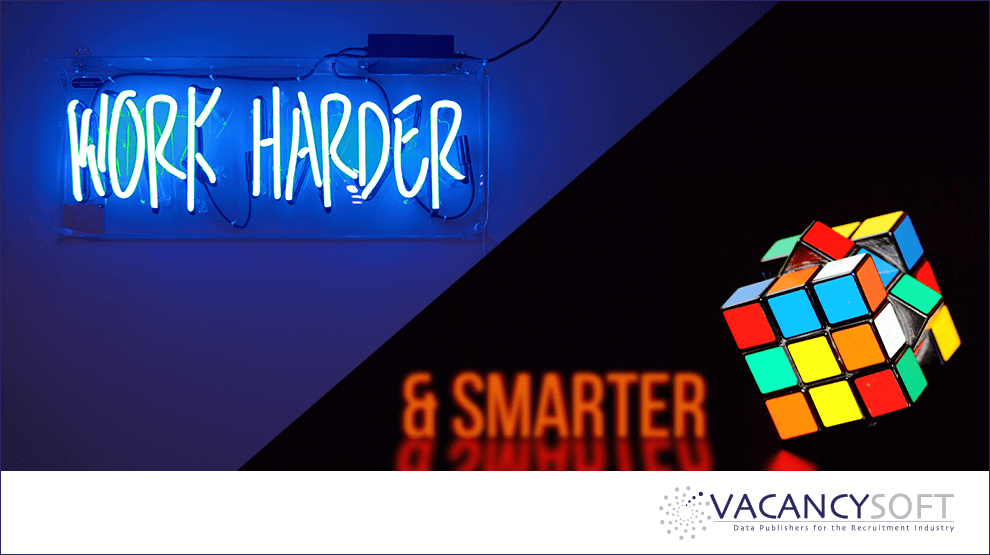
The mantra that success comes from hard work is well known, with case studies showing that there is a clear linkage between experience and performance. However, studies have shown that the rates of progress made by different people can vary significantly, meaning that different people can work just as hard as each other, but advance in their levels of expertise at quite different speeds.
This phenomenon has been documented and is the subject of various studies, where as a
When applied to business this principle has interesting implications for managers looking to improve performance. A landmark study conducted in 1993 suggests that in order to get the best results businesses should clearly differentiate between when people are working and training. When working people should not be expected to improve other than nominally in what they do; only through engaging in a controlled environment, where variables can be monitored and manipulated, will explosive results be seen. In a basic training environment designed to improve memory, test subjects produced improvements of 1,000% above where they started.
With regard to recruitment, applying a controlled environment to training can be done in the following ways.
Firstly, for recruiters operating in an environment where training is not in place, self-improvement can be achieved by finding peers to train with. For example, in the season Ricky Martin won The Apprentice, despite the fact he was operating in a
For managers, implementing training programs doesn’t need to involve external trainers, but what does need to happen is for there to be clearly defined training time and an individual tasked with implementing a plan for consultant performance, and for that to become a scheduled part of the week for everyone in the business, regardless of their experience or expertise. If it is done that way, people in the business will, over time, improve and outperform competitors, and so will be working smart, as well as working hard.
Over the last ten


